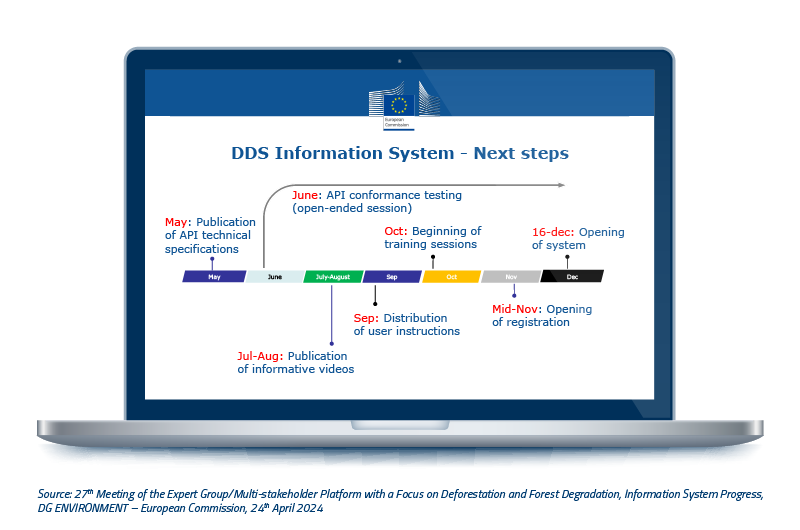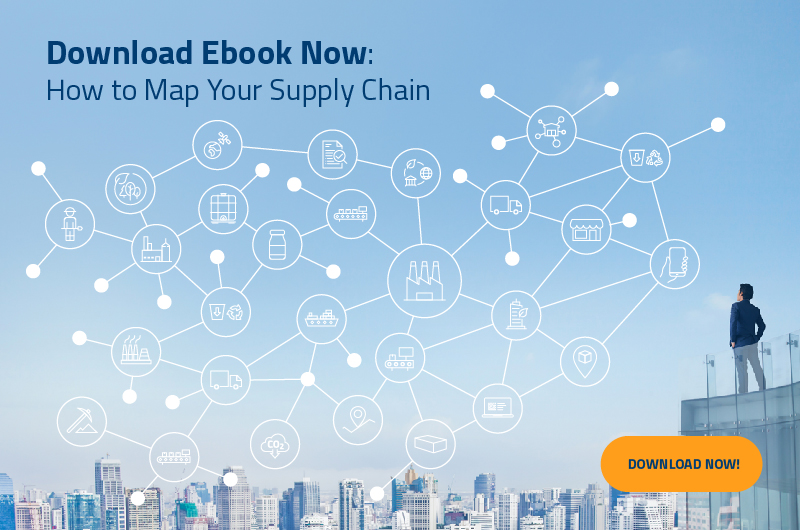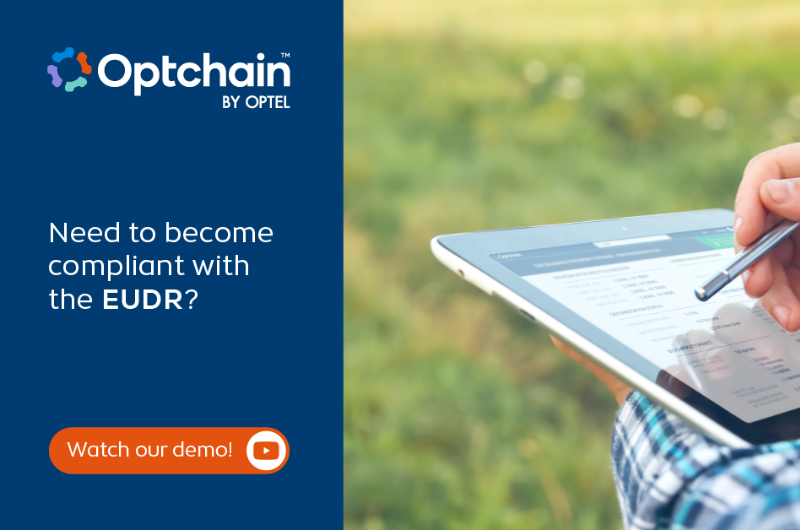THE DEFORESTATION DUE DILIGENCE STATEMENT REGISTRY
The Deforestation Due Diligence Statement Registry is an online tool, published by the European Commission (EC), to assist with EUDR due diligence statements. The Registry allows operators, traders and their representatives to make electronic Due Diligence Statements, and submit them to the relevant authorities to show that their products did not contribute to deforestation. It’s comprised of the following capabilities:
Submit Electronic DDS:
Operators, traders, and their representatives can submit due diligence statements to relevant authorities.
Indicate Product Origins:
- Draw areas on a map or provide coordinates individually or in bulk using the GeoJson standard format.
- Options are available for uploading, copying, or re-using location information.
Provide Product Details:
- Select the product type and indicate characteristics such as quantity and volume.
- Operators further down the supply chain can refer back to previously created statements.
Manage DDS:
- Use the dashboard to view and manage due diligence statements, with status updates provided as statements are processed by authorities.
- Large operators can manage DDS in bulk using a machine-to-machine API connection to the Registry.
Registration to use the system will begin in November 2024 and the system will be opened to all users in December 2024. EUDR compliance softwares, such as OPTEL’s Optchain, are already in process of connecting their platform to the Deforestation Due Diligence Statement Registry online tool.







